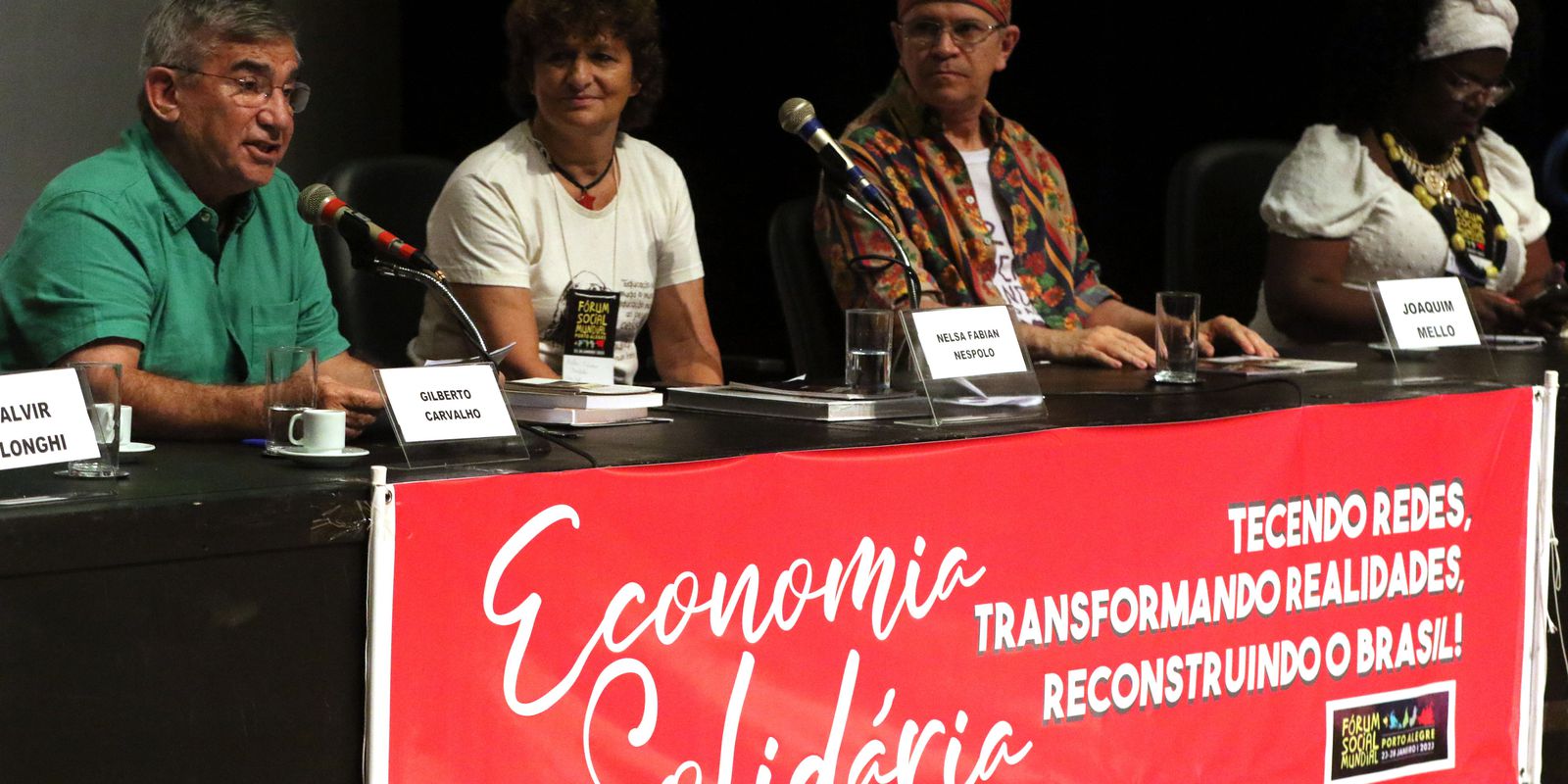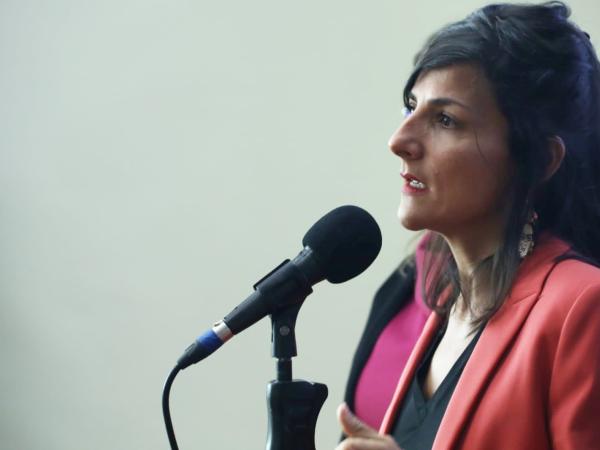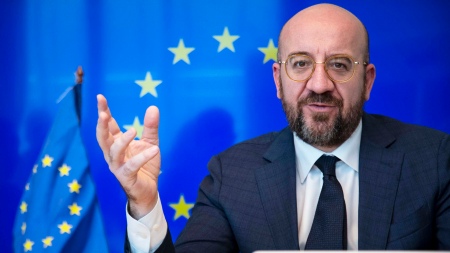Brazil and the government need to better understand what the solidarity economy is, to make these networks a new mode of production and distribution in the country, so that it is incorporated into the macroeconomic policies of the Ministry of Finance. This statement was made by the federal government’s Solidarity Economy secretary, Gilberto Carvalho. He took part this afternoon (25) in the table “Solidarity economy, weaving networks, transforming realities, rebuilding Brazil”, at the World Social Forum (WSF), which runs until Saturday (28) in Porto Alegre.
According to Carvalho, a census will be needed to map the “countless initiatives” of solidarity economy that already exist in the country. For him, the role of the government in this resumption of the secretariat, which was occupied in 2003 by the economist Paul Singer, will be to stimulate the network and provide conditions for the cooperatives to develop.
“The idea is that it works closely together, transversally within the government, with the aim of qualifying and training, stimulating the economic and technical training of managers. And also the search for financing, so the role of Banco do Brasil, BNDS, Caixa, they will be essential in this process. There is already an immense network of enterprises in Brazil, there are cooperatives that centralize this work, which bring together a large number of cooperatives. But we want to further expand this network”.
Solidarity economy
The coordinator of the National Forum on Food and Nutritional Security for African-Matrix Peoples (Fonsanpotma) and the Ubuntu Network, Itanajara Almeida, explains that the solidary economy goes beyond an alternative for income generation, involving values such as sustainable development, respect to diversity, the strengthening of democracy, self-management and opposition to labor exploitation.
“We have principles such as fair production and work conditions, environmental sustainability, transparency with the consumer, the integration of all links and fair prices, practicing fair remuneration for producers and consumers”.
She also highlighted issues such as the development of the local and regional economy, the democratization of public space, social inclusion and the autonomy of undertakings and collectives as fundamental elements of the solidary economy.
The coordinator of the Solidarity Chain of Native Fruits of Rio Grande do Sul, Alvir Longhi, explained how the network was organized, starting around 20 years ago, to better take advantage of the country’s natural wealth, such as jabuticaba, guabiroba, pine nuts , butiá, uvaia and açaí juçara.
“The native fruits ended up rotting, not being used for sale or for consumption by farmers. They are fruits that are part of our memory of the countryside. So we are going to build a dynamic for socio-biodiversity based on solidarity economy. It started with native fruits, but today it has three categories: species with food potential, with potential for essential oil and for artisanal dyeing”, he said.
According to him, the entire chain works based on the solidary economy. From the farmer to the agro-industry and distribution to commerce.
“Today we have a capillarity of 60 municipalities, with 125 commercial partners, including solidarity economy partners and stores, restaurants and hotels. There were 32 tons that circulated through the dynamics of the solidarity economy and 40 tons indirectly. Our network has 320 farming families. Our country has natural wealth from the Brazil nut, açaí, through the pequi, to the pine nut. The challenge is to articulate these networks”, explained Alvir Longhi.
Another project presented at the World Social Forum was the National Network of Community Banks. Coordinator Joaquim Mello explained that the movement emerged to finance solidarity economy initiatives, in addition to providing financial services in solidarity. This type of institution works in an associative and community way, aimed at generating work and income in the reorganization of local economies.
“We still lack a regulatory framework. Meritocracy is hell, what we need is to generate and distribute wealth, and we do this with community banks. So, we bring you a proposal: without moving too much, a federal law would be enough, we can pay income transfer programs through community banks and social currencies, just make the transfer from Caixa to these banks. That way, I would have more money to finance the solidarity economy”.
According to him, in 2022 community banks handled R$480 million in deposits, R$400 million in purchases from local businesses and R$800 million in other transactions. Between 2018 and 2022, the system added R$ 3.9 billion to the GDP (Gross Domestic Product) of the solidarity economy.
Another attraction of the forum is the Solidarity Economy Fair, which takes place every day of the event at Praça XV de Novembro, in downtown Porto Alegre, between 8am and 7pm.
The meeting will run until Saturday (28) and the participation of activists from various social movements is expected, such as indigenous leaders, the black movement, LGBTQIA+, students and trade unionists, in addition to the Ministers of the Environment, Marina Silva, and of Health, Nísia Trindade .








